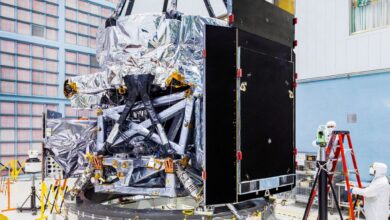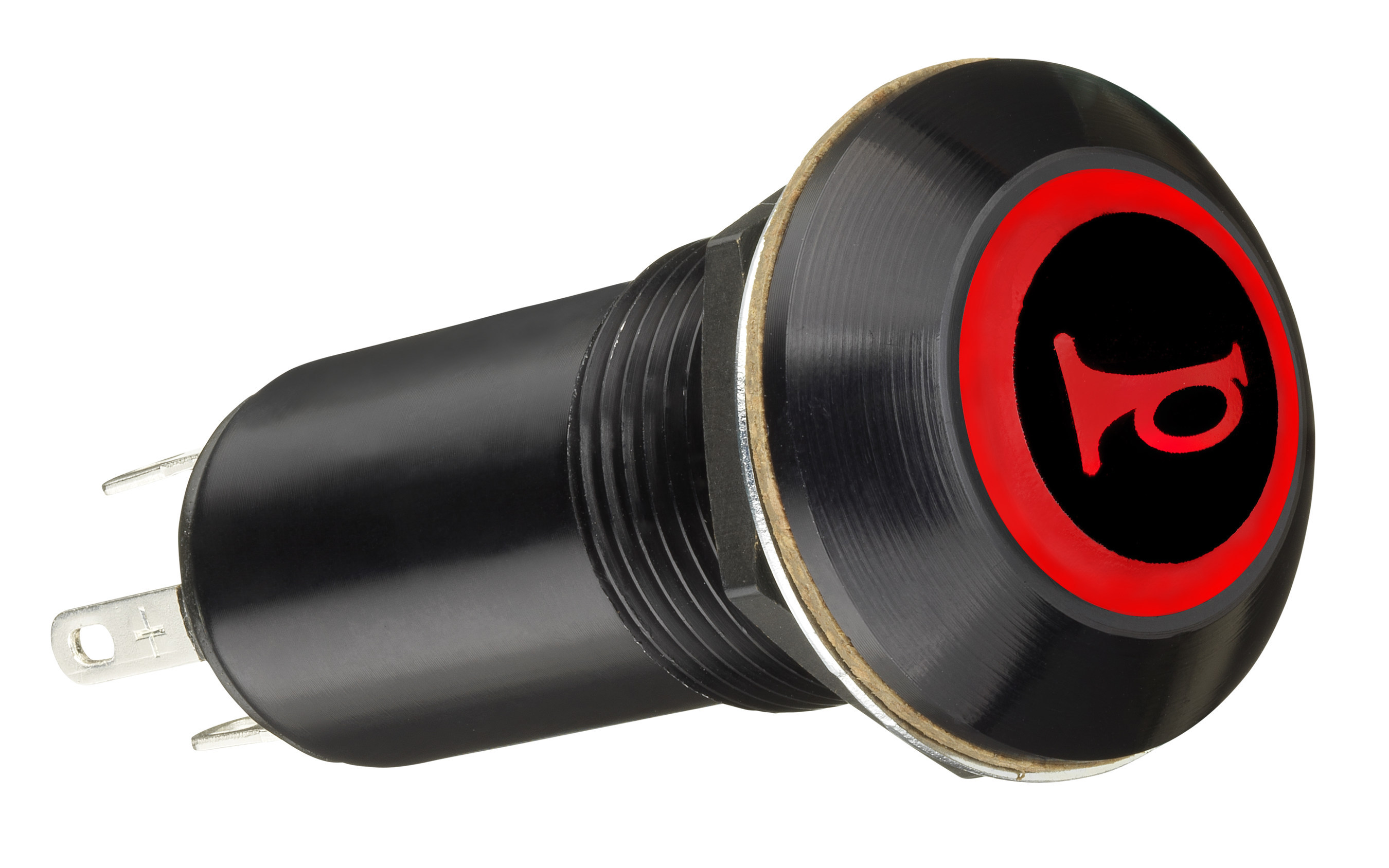NASA Selects Four University Teams for Aviation Projects

NASA’s research focus on sustainable aviation will get some big help from teams of university faculty and students recently selected to participate in the agency’s University Leadership Initiative (ULI).
ULI gives the academic community an opportunity to support NASA’s aeronautical research goals and provide students with valuable experience in solving real-world technical challenges.
“Aviation of the future has to be climate friendly to keep the world flying, and a great way to do that is to allow tomorrow’s top minds to begin making contributions to these goals while still in school,” said Koushik Datta, ULI project manager.
Three of the four teams are working toward lowering or eliminating aircraft emissions, with each team approaching the problem from a slightly different perspective. The fourth team’s autonomy research is in support of NASA’s Advanced Air Mobility campaign.
Another key ULI goal is for students to gain experience in leading a multidisciplinary team made up of partners from other universities and industry, including student populations who are underrepresented or have not applied their skills to aviation problems.
“A diverse research team enables more voices to be heard, and more creative ideas to be explored,” said Datta.
A total of four teams were selected for final negotiations that could lead to awards of up to $31.5 million during the next five years.
The four teams and their research topics are:
University of Central Florida
The team will explore using liquid ammonia – a non-traditional source – as fuel for a jet engine and generating electricity from the engine’s exhaust heat, reducing emissions, and saving on fuel. Team members include Georgia Tech, Purdue University, Boeing, GE Research, ANSYS, Southwest Research Institute, and the Greater Orlando Aviation Authority.
Florida State University
The team will consider how hybrid hydrogen-electric power generation could be combined with fuel cell technology to lower emissions. Team members include Florida Agricultural and Mechanical University, University at Buffalo, University of Kentucky, Georgia Tech, Raytheon, Boeing, and Advanced Magnet Lab.
Georgia Institute of Technology
The team will turn its attention to sustainable aviation challenges related to a jet engine’s combustor but in this case the engine is powering a commercial supersonic transport. Team members include Massachusetts Institute of Technology, Virginia Tech, Spelman College, Missouri University of Science and Technology, General Electric, and Aerodyne Research Incorporated.
University of Illinois, Urbana-Champaign
The team aims to deliver trustworthy autonomy tools to help Advanced Air Mobility aircraft fly safely through complex airspace, typical of dense urban environments. Team members include Georgia Tech, Massachusetts Institute of Technology, North Carolina A&T State University, University of Nevada at Reno, Lockheed Martin, and Sierra Nevada Corporation.
This is the fifth time a set of teams have been selected to participate in ULI. Six teams were selected earlier in 2021, five teams were chosen in 2020, three teams were announced in 2019, and five teams were selected for the inaugural initiative in 2017.
An official notice for the next request for proposals is expected to be posted online in March 2022.
For more information about NASA’s aeronautics research, visit:





